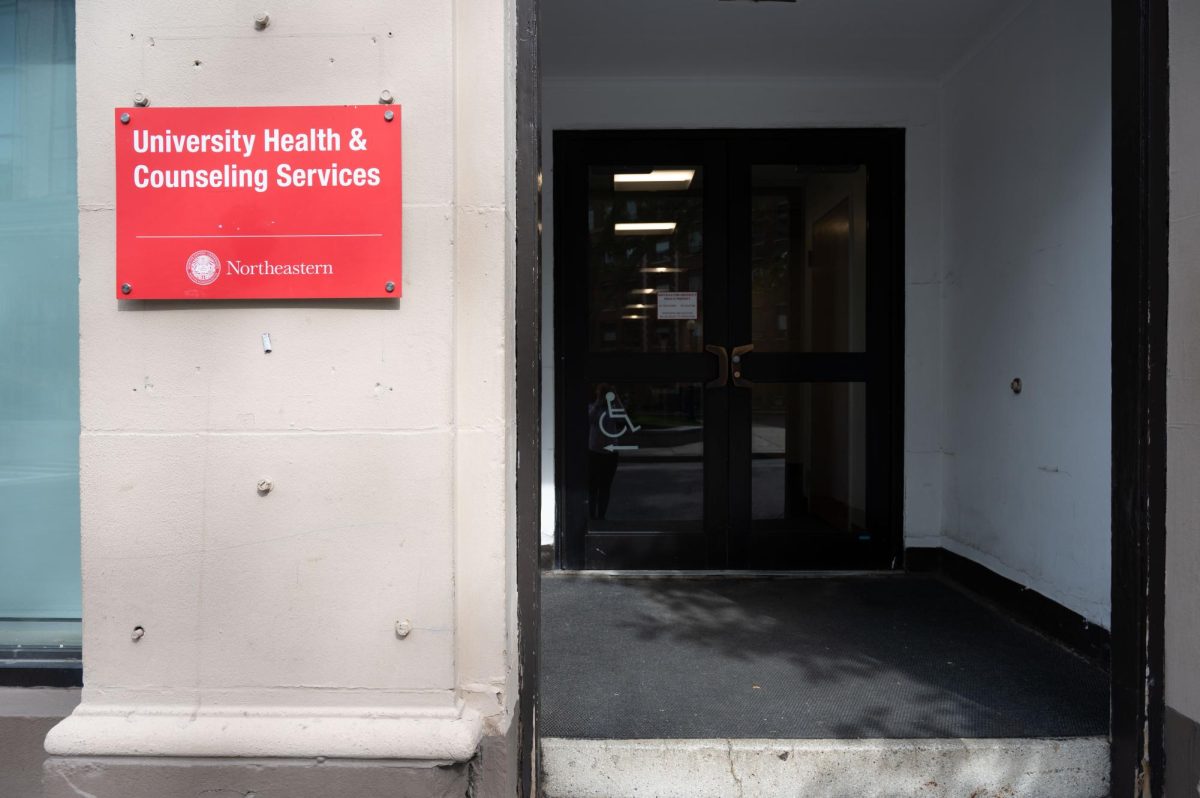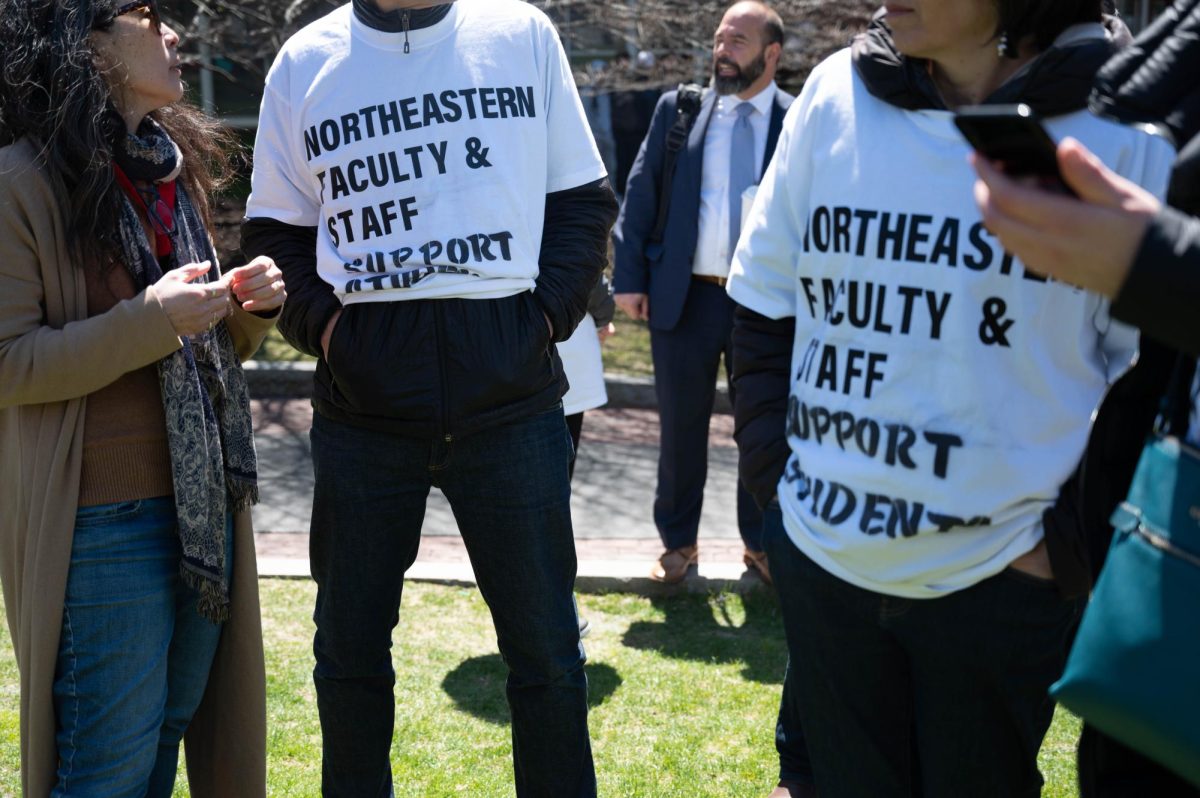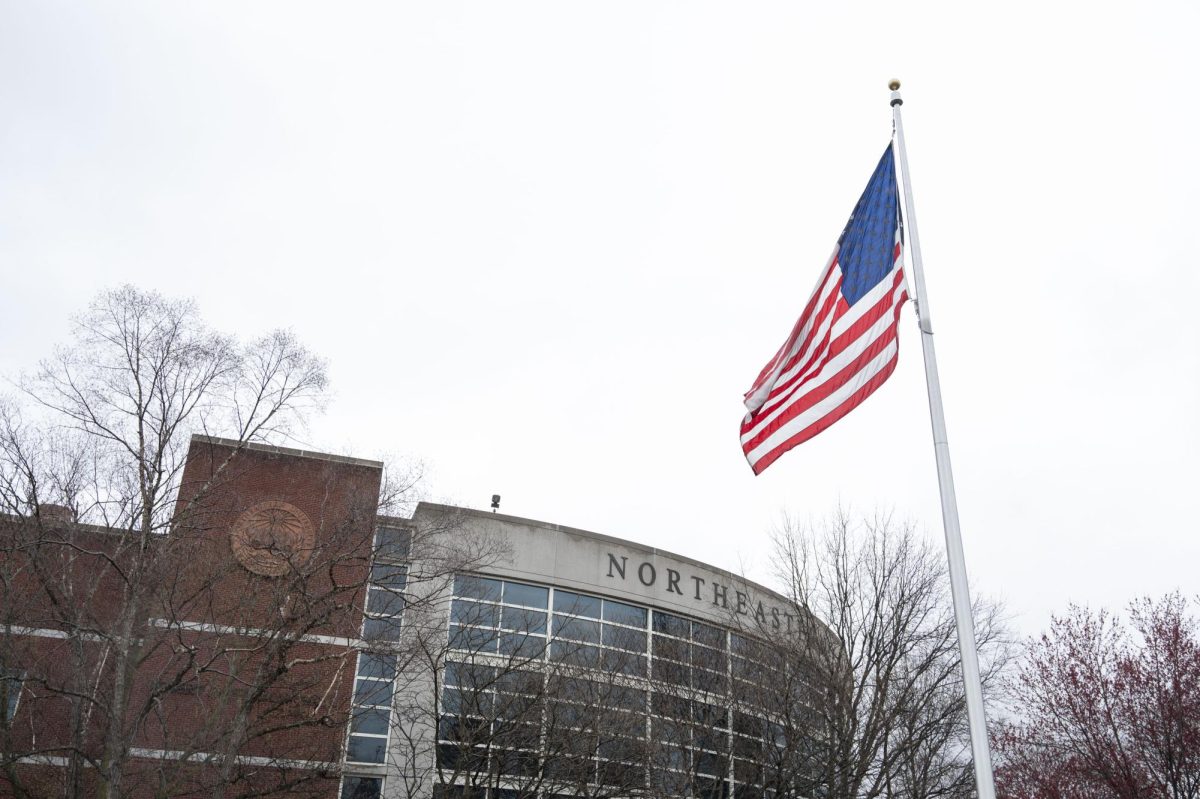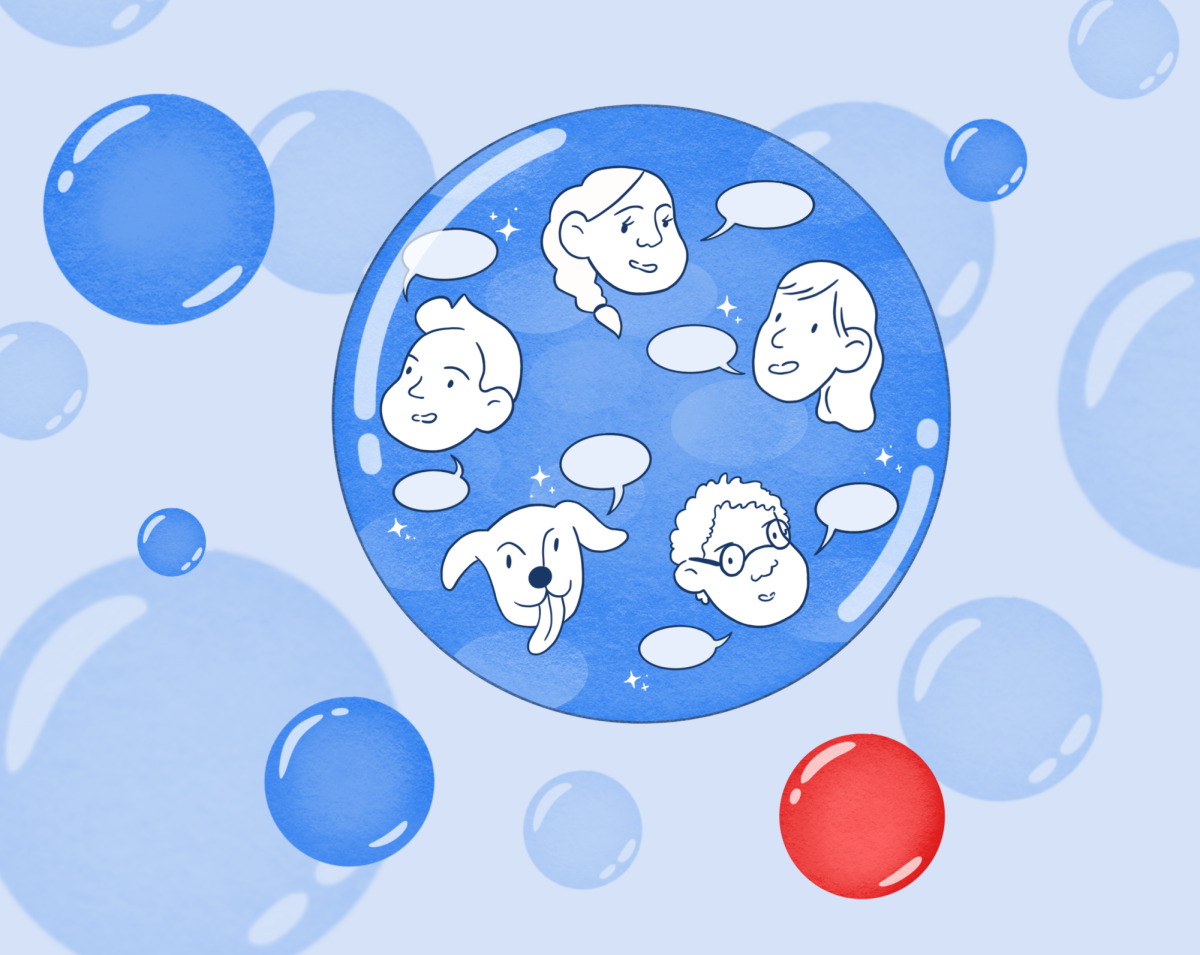If you look at today’s sports scene one question comes to mind: Where has the loyalty gone? A look at the current landscape indicates it has taken the same path as bellbottoms and (with the exception of Pedro Martinez) Jeri curl juice.
Gone are the days when players spent their entire careers playing for one team. We will never see another Magic Johnson, Cal Ripken Jr., John Elway or Ray Bourque. This is a fact I accepted many moons ago. What is more disturbing, however, is the nature by which both sides of pro sports conduct business with each other, specifically in the realm of professional basketball.
No athlete typifies this more than newly acquired Utah Jazz power forward Carlos Boozer, who recently signed a six-year, $68 million contract. The most interesting aspect of the deal? It should have never happened. Boozer was a second-round draft pick of the Cleveland Cavaliers in 2002. He signed a three-year deal, with the last year coming in the form of a team option. This is where the problems began. Boozer is one of the top young power forwards in the league and the pay scale for a second-round draft pick is markedly lower than for first round choices. In light of this, Boozer and SFX agent Rob Pelinka convinced the Cavs not to pick up the third year, and in return, the burly Alaskan would re-sign with Cleveland for six years and $41 million. As soon as he was set free on June 30, Boozer took his services to the Western Conference.
In the aftermath, Pelinka resigned as Boozer’s agent (and as a result, Boozer also recoups the agent’s signing commission), SFX is unclear as to its association with the forward, the Cavaliers lost one of their key players and Jazz GM Kevin O’Connor slept like a baby. Boozer claims there was never any oral agreement with the Cavaliers, and he left because certain people in the organization marginalized his talents. Well, I hope $68 million will buy him a nice set of earplugs for his return to Gund Arena.
But Boozer is not alone in his manipulation of the system. Kobe Bryant re-upped with the Los Angeles Lakers for seven years, $136 million. Upon first glance, it appears loyalty still exists in professional sports. Bryant will become the face of the franchise, but what has been lost in this rare depiction of loyalty are the facts behind the deal.
Lakers owner Jerry Buss sensed Phil Jackson’s triangle offense was not agreeable to Kobe, who is in the midst of a rape trial, nor was the personality conflicts with Shaquille O’Neal. Jackson, despite his close relationship with Buss’ daughter Jeanie, was not brought back as head coach. O’Neal, the most dominant player in the game and a marquee Hall of Fame free agent attraction (Malone, Payton), was traded to Miami for a good hustle, bad contract player (Brian Grant), and enigma (Lamar Odom), a slumping sophomore (Caron Butler) and a future first-round draft pick. Factor in the departure of Derek Fisher and the probable retirement of Malone, and Bryant is looking at returning to a team that may not even qualify for the playoffs next season
Locally, do you think Mark Blount stayed in Boston because of loyalty? Nope. It’s because the Celtics could offer him the most money.
Sports are a business and the almighty dollar evidently overrules all. Too bad for NBA commissioner David Stern; I thought he was really on to something special with this whole basketball thing.
–Evan Erilus may be reached at sports@nu-news.com. He can be heard every friday from 3-6 p.m. on WRBB 104.9 FM’s “Dog Pound Sports Sound.”








